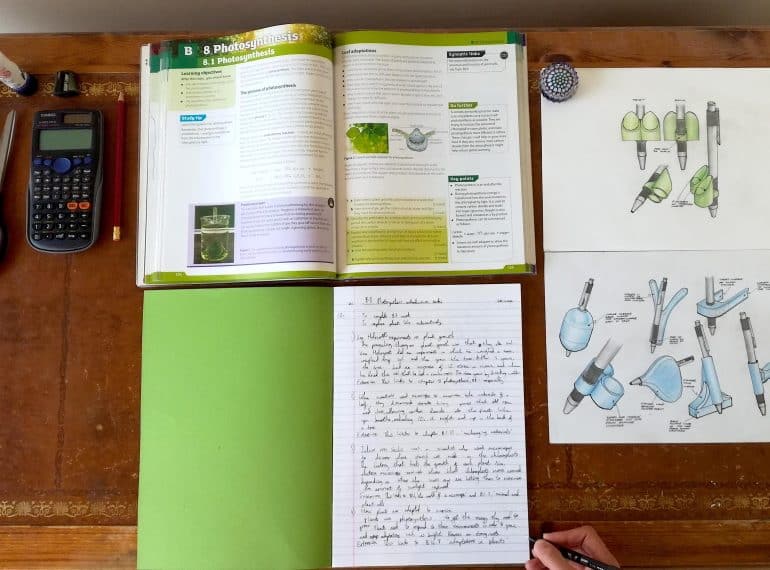
Deputy Head (Academic) Anne Macdonald explains the principles underpinning remote learning at the School and how these are being applied progressively, as the educational experience evolves and new methods and resources are integrated into eQE.
 In normal times, our teachers habitually work together across departments, benefiting from the experience of colleagues as they plan lessons and deploy resources in the classroom. During the current extraordinary circumstances, we are strongly encouraging staff to maintain and strengthen this approach, making the most of each other’s particular knowledge and expertise so that departments work efficiently through collaboratively planning both remote learning activities and the use of resources.
In normal times, our teachers habitually work together across departments, benefiting from the experience of colleagues as they plan lessons and deploy resources in the classroom. During the current extraordinary circumstances, we are strongly encouraging staff to maintain and strengthen this approach, making the most of each other’s particular knowledge and expertise so that departments work efficiently through collaboratively planning both remote learning activities and the use of resources.
We are working hard to balance the need to provide a curriculum that brings the challenge that our boys need with a recognition that it will take students longer to complete work independently, with less opportunity for the spontaneous collaboration and interaction that is readily available in the classroom. Ongoing feedback from the boys through their bespoke online tutorials will provide us with some of the information we need in order to strike this balance successfully. For however long the current situation continues, we want to make sure that remote learning at QE places our boys on a trajectory for future exam success.
We are, therefore, pointing boys towards an increasing range of internal and external online tools and learning resources, where we adjudge that these provide appropriate challenge for QE pupils. These include, for example, resources from our own Queen’s Library, University of Oxford podcasts and TED talks. A new addition is the Classoos online textbook service, which the School can now access. Departments may reorganise curriculum content a little to ensure it is best adapted to the needs and capacity of pupils studying from home, whilst ensuring that plenty of additional opportunities are available to stretch those boys looking for extension. Teachers in some subjects are also considering how they might set some work which is not computer-based.
Audio and video-recording – especially when embedded in other materials such as PowerPoint presentations – are helping us to retain some of the benefits of face-to-face teaching. This can be particularly helpful with more difficult curriculum content, bringing further variety to remote learning and especially engaging those boys for whom auditory learning is most effective. Such approaches will be used selectively to ensure that their impact is not diminished. Teachers who are more experienced in such areas have been sharing ‘how to’ guides with their colleagues to ensure the recordings are professional and purposeful. The eQE forums provide us with a useful way of facilitating collaboration, and a forum area has now been created for all departments. These enable teachers firstly to create threads and then to draw boys in, encouraging them to get involved in lively online discussions.
We are also progressing cautiously with the use of platforms allowing video discussions, such as Zoom and MS Teams, our top priority being to ensure the use of such technology is not only professional, but also safe. To date, this has been used by the Senior Leadership Team with our senior prefects – in order to discuss their experience of remote learning – and it is now being introduced for bespoke tutorials in other year groups too.
Just as we are using eQE’s extensive capabilities to maintain collaborative learning, we are similarly making use of the platform to enable teachers to assess pupil learning and to provide opportunities for pupils to receive feedback to help them progress. Tools on eQE allow teachers both to mark work and provide comments to aid improvement, and to construct knowledge-checking tests for the boys to complete, which self-mark to provide automatic feedback.
My colleagues have been working hard to produce remote learning activities and resources for our boys since the lockdown began. In the coming weeks, through some of the steps I have outlined above, we will be redoubling our efforts to enhance remote learning, using eQE to ensure the QE experience is as good it can possibly be in our current situation.
